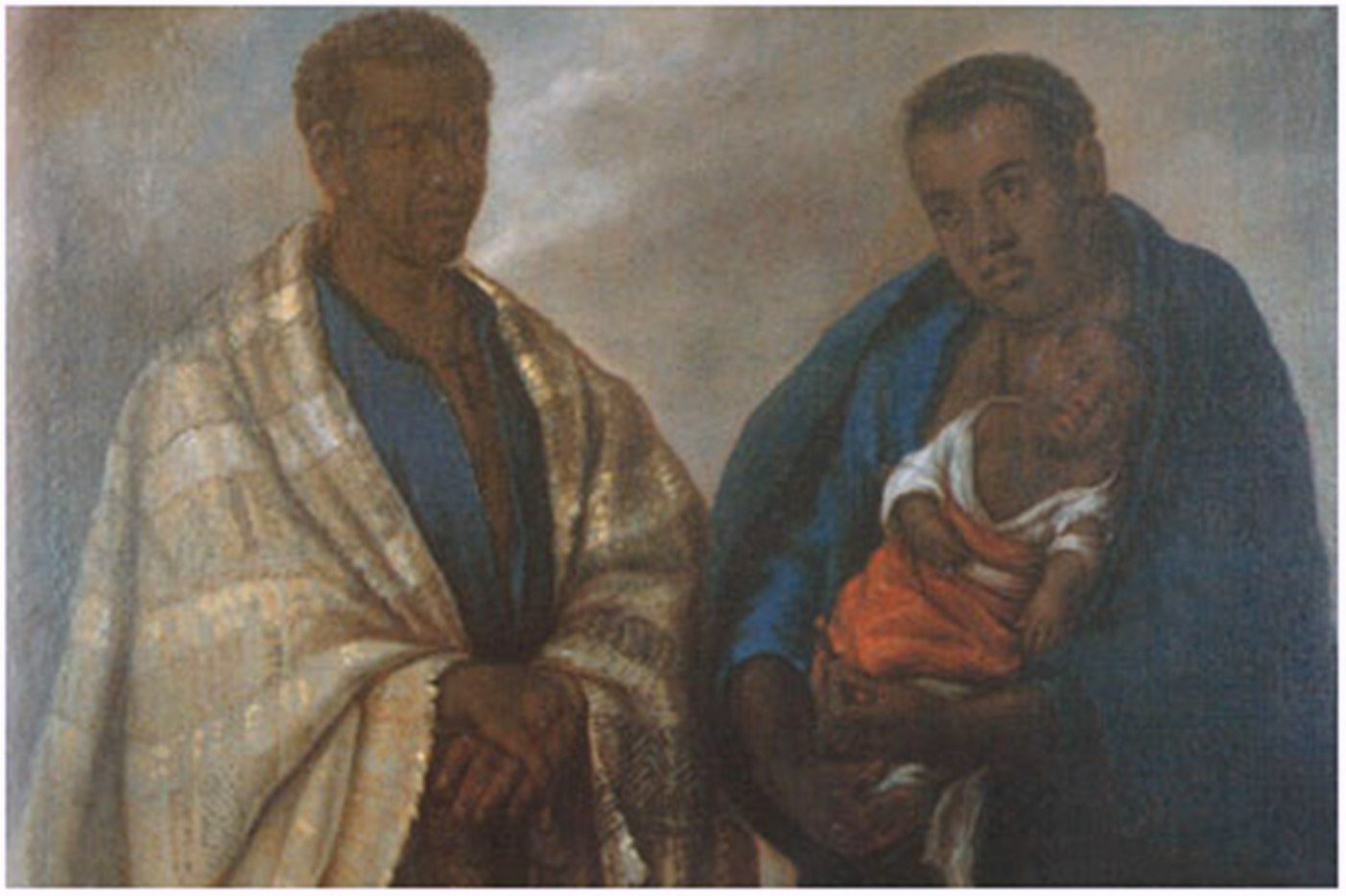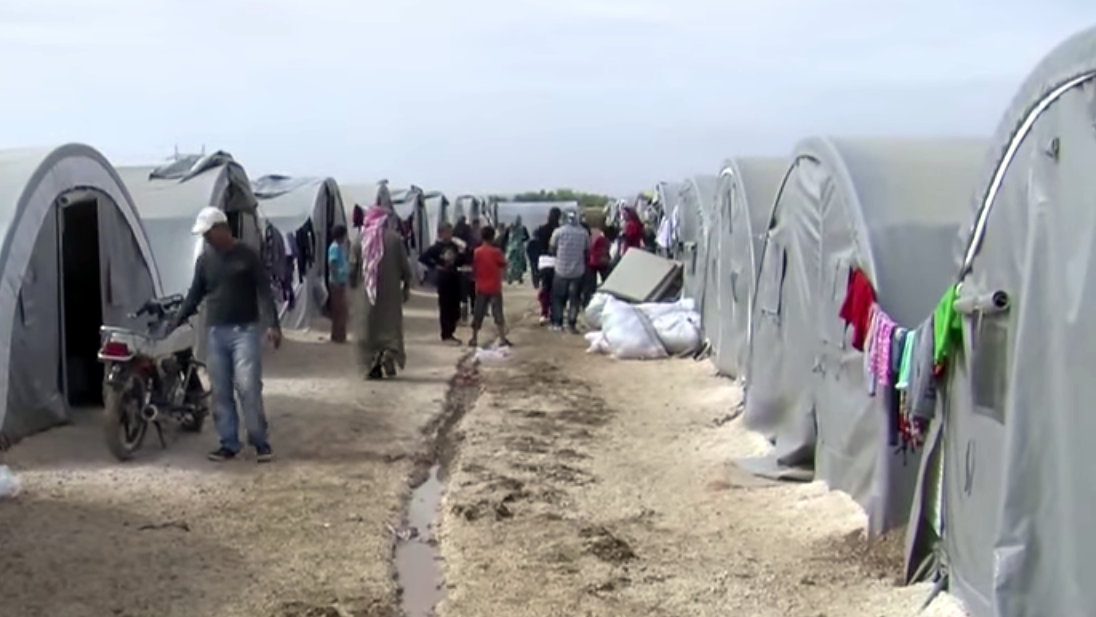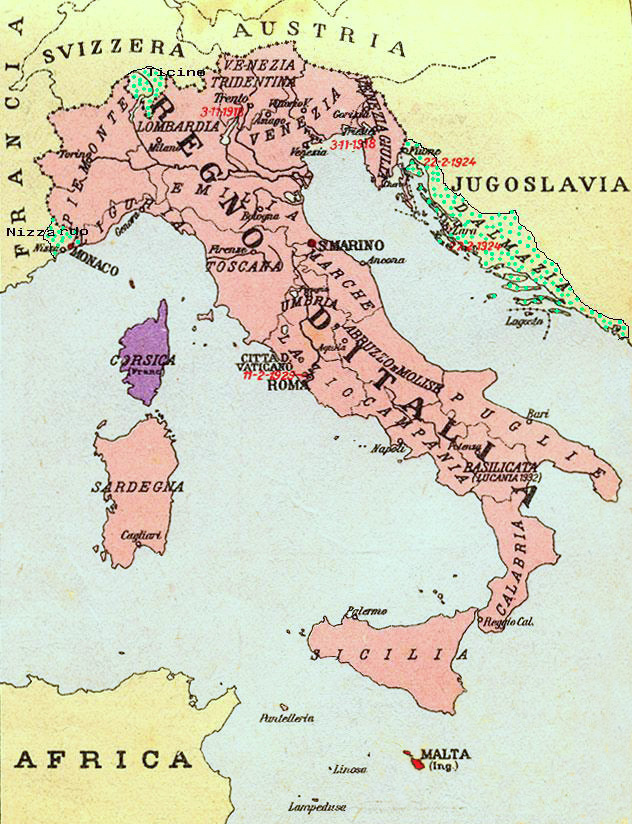|
Diaspora Politics
Diaspora politics is the political behavior of transnational ethnic diasporas, their relationship with their ethnic homelands and their host states, and their prominent role in ethnic conflicts. Shain, Yossi & Tamara Cofman Wittes. Peace as a Three-Level Game: The Role of Diasporas in Conflict Resolution in Ambrosio, Thomas. 2002. "Ethnic identity groups and U.S. foreign policy." Praeger Publishers. The study of diaspora politics is part of the broader field of diaspora studies. To understand a diaspora's politics, one must first understand its historical context and attachments. Ambrosio, Thomas. 2002."Ethnic identity groups and U.S. foreign policy." Praeger Publishers. A diaspora is a transnational community that defined itself as a singular ethnic group based upon its shared identity. Diasporas result from historical emigration from an original homeland. In modern cases, this migration can be historically documented, and the diaspora associated with a certain territory. ... [...More Info...] [...Related Items...] OR: [Wikipedia] [Google] [Baidu] |
Theories Of Political Behavior
Theories of political behavior, as an aspect of political science, attempt to quantify and explain the influences that define a person's political views, ideology, and levels of political participation, especially in relation to the role of politicians and their impact on public opinion . Political behavior is the subset of human behavior that involves politics and power. Theorists who have had an influence on this field include Karl Deutsch and Theodor Adorno. Long-term influences on political orientation Interaction with the political views of parental figures is often thought of as the primary long-term influence on political orientation and willingness to take part in the political system. Teachers and other educational authority figures are also often thought to have a significant impact on political orientation. During the 2003–2004 school year, In the United States, students spent an average of 180.4 days in primary and secondary education each year, with a school d ... [...More Info...] [...Related Items...] OR: [Wikipedia] [Google] [Baidu] |
African Diaspora
The African diaspora is the worldwide collection of communities descended from List of ethnic groups of Africa, people from Africa. The term most commonly refers to the descendants of the native West Africa, West and Central Africans who were slavery, enslaved and shipped to the Americas via the Atlantic slave trade between the 16th and 19th centuries, with their largest populations in Brazil, the United States, and Haiti. The term can also be used to refer to Demographics of Africa, African descendants who immigrated to other parts of the world. Scholars identify "four circulatory phases" of this migration out of Africa. The phrase ''African diaspora'' gradually entered common usage at the turn of the 21st century. The term ''diaspora'' originates from the Greek (''diaspora'', "scattering") which gained popularity in English in reference to the Jewish diaspora before being more broadly applied to other populations. Less commonly, the term has been used in scholarship to refe ... [...More Info...] [...Related Items...] OR: [Wikipedia] [Google] [Baidu] |
Diaspora Studies
Diaspora studies is an academic field established in the late 20th century to study dispersed ethnic populations, which are often termed diaspora peoples. The usage of the term diaspora carries the connotation of forced resettlement, due to expulsion, coercion, slavery, racism, or war, especially nationalist conflicts. Academic institutes * The International Institute for Diasporic and Transcultural Studies (IIDTS) — a transnational institute incorporating Jean Moulin University (Lyons, France), the University of Cyprus, Sun Yat-sen University (Guangzhou, China) and Liverpool Hope University Liverpool Hope University (abbreviated LHU) is a public university with campuses in Liverpool, England. The university grew out of three Normal school#United Kingdom, teacher training colleges: Saint Katharine's College (originally Warring ... (UK) — is a dedicated research network operating in a transdisciplinary logic and focused on cultural representation (and auto-represen ... [...More Info...] [...Related Items...] OR: [Wikipedia] [Google] [Baidu] |
Diasporas
A diaspora ( ) is a population that is scattered across regions which are separate from its geographic place of birth, place of origin. The word is used in reference to people who identify with a specific geographic location, but currently reside elsewhere. Notable diasporic populations include the Jewish Diaspora formed after the Babylonian exile; Assyrian diaspora following the Sayfo, Assyrian genocide; Greeks that fled or were displaced following the fall of Constantinople and the later Greek genocide as well as the Istanbul pogroms; the emigration of Anglo-Saxons (primarily to the Byzantine Empire) after the Norman Conquest, Norman Conquest of England; the Chinese people, southern Chinese and South Asian diaspora, South Asians who left their homelands during the 19th and 20th centuries; the Irish diaspora after the Great Famine (Ireland), Great Famine; the Scottish diaspora that developed on a large scale after the Highland Clearances, Highland and Lowland Clearances; Romani ... [...More Info...] [...Related Items...] OR: [Wikipedia] [Google] [Baidu] |
Zionism
Zionism is an Ethnic nationalism, ethnocultural nationalist movement that emerged in History of Europe#From revolution to imperialism (1789–1914), Europe in the late 19th century that aimed to establish and maintain a national home for the Jews, Jewish people, pursued through the colonization of Palestine (region), Palestine, a region roughly corresponding to the Land of Israel in Judaism, with central importance in Jewish history. Zionists wanted to create a Jewish state in Palestine with as much land, as many Jews, and as few Palestinian people, Palestinian Arabs as possible. Zionism initially emerged in Central Europe, Central and Eastern Europe as a secular nationalist movement in the late 19th century, in reaction to newer waves of antisemitism and in response to the Haskalah, or Jewish Enlightenment. The arrival of Zionist settlers to Palestine during this period is widely seen as the start of the Israeli–Palestinian conflict. The Zionist claim to Palestine was base ... [...More Info...] [...Related Items...] OR: [Wikipedia] [Google] [Baidu] |
Right Of Return
The right of return is a principle in international law which guarantees everyone's right of return to, or re-entry to, their country of citizenship. The right of return is part of the broader human rights concept of freedom of movement and is also related to the legal concept of nationality. While many states afford their citizens the right of abode, the right of return is not restricted to citizenship or nationality in the formal sense. It allows stateless persons and for those born outside their country to return for the first time, so long as they have maintained a "genuine and effective link". The right is formulated in several modern treaties and conventions, most notably in the 1948 Universal Declaration of Human Rights, the 1966 International Covenant on Civil and Political Rights and the 1948 Fourth Geneva Convention. Legal scholars have argued that one or more of these international human rights instruments have attained the status of customary international law and tha ... [...More Info...] [...Related Items...] OR: [Wikipedia] [Google] [Baidu] |
Right To Homeland
The right to homeland is according to some legal scholars a universal human right, which is derived from the Universal Declaration of Human Rights, including its Article 9. The concept evolved in German jurisprudence and is recognized in German constitutional law to a certain degree. Notable proponents of the concept include legal scholars Kurl Rabl, Rudolf Laun, Otto Kimminich, Dieter Blumenwitz, Felix Ermacora and Alfred-Maurice de Zayas. The concept is relevant to debates concerning ethnic cleansing in Europe after World War II (notably of Germans and Hungarians), ethnic cleansing in Palestine, Cyprus and other areas. See also *Aboriginal title *Diaspora politics *Ethnic federalism *Expulsion of the Chagossians * Hawaiian homeland *Home rule * Jewish homeland *Right of return *Right to exist *Nation state *Blood and soil Blood and soil (, ) is a nationalist slogan expressing Nazi Germany's ideal of a racially defined Body national, national body ("Blood") united with ... [...More Info...] [...Related Items...] OR: [Wikipedia] [Google] [Baidu] |
Transnationalism
Transnationalism is a research field and social phenomenon grown out of the heightened interconnectivity between people and the receding economic and social significance of boundaries among nation states. Overview The term "trans-national" was popularized in the early 20th century by writer Randolph Bourne to describe a new way of thinking about relationships between cultures. However, the term itself was coined by a colleague in college. Merriam-Webster Dictionary states 1921 was the year the term "transnational" was first used in print, which was after Bourne's death. Transnationalism as an economic process involves the global reorganization of the production process, in which various stages of the production of any product can occur in various countries, typically with the aim of minimizing costs. Economic transnationalism, commonly known as globalization, was spurred in the latter half of the 20th century by the development of the internet and wireless communication, as we ... [...More Info...] [...Related Items...] OR: [Wikipedia] [Google] [Baidu] |
Tibetan Independence Movement
The Tibetan independence movement ( ''Bod rang btsan''; zh, t=西藏獨立運動, s=西藏独立运动) is the political movement advocating for the reversal of the 1950 annexation of Tibet by the People's Republic of China, and the separation and independence of Greater Tibet from China. It is principally led by the Tibetan diaspora in countries like India and the United States, and by celebrities and Tibetan Buddhists in the United States, India and Europe. The Central Tibetan Administration is based in Dharamshala, India. The Tibetan independence movement is no longer supported by the U.S.'s Central Intelligence Agency, which ended its Tibetan program after the 1972 visit by Richard Nixon to China. Later in the 1970s, the 14th Dalai Lama, who had backed it since 1961, also withdrew his support but now supports the " Middle Way Approach". Historical background Mongol expeditions and rule After the Mongol Prince Köden took control of the Kokonor region in 123 ... [...More Info...] [...Related Items...] OR: [Wikipedia] [Google] [Baidu] |
Irredentism
Irredentism () is one State (polity), state's desire to Annexation, annex the territory of another state. This desire can be motivated by Ethnicity, ethnic reasons because the population of the territory is ethnically similar to or the same as the population of the parent state. Historical reasons may also be responsible, i.e., that the territory previously formed part of the parent state. Difficulties in applying the concept to concrete cases have given rise to academic debates about its precise definition. Disagreements concern whether either or both ethnic and historical reasons have to be present and whether non-state actors can also engage in irredentism. A further dispute is whether attempts to absorb a full neighboring state are also included. There are various types of irredentism. For typical forms of irredentism, the parent state already exists before the territorial conflict with a neighboring state arises. There are also forms of irredentism in which the parent state is ... [...More Info...] [...Related Items...] OR: [Wikipedia] [Google] [Baidu] |
Identity Politics
Identity politics is politics based on a particular identity, such as ethnicity, Race (human categorization), race, nationality, religion, Religious denomination, denomination, gender, sexual orientation, Socioeconomic status, social background, political affiliation, caste, Ageing, age, education, disability, opinion, intelligence, and social class. The term encompasses various often-populist political phenomena and rhetoric, such as governmental migration policies that regulate mobility and opportunity based on identities, left-wing agendas involving intersectional politics or class reductionism, and right-wing nationalist agendas of exclusion of national or ethnic "others." The term ''identity politics'' dates to the late twentieth century, although it had precursors in the writings of individuals such as Mary Wollstonecraft and Frantz Fanon. Many contemporary advocates of identity politics take an Intersectionality theory, intersectional perspective, which they argue accoun ... [...More Info...] [...Related Items...] OR: [Wikipedia] [Google] [Baidu] |




